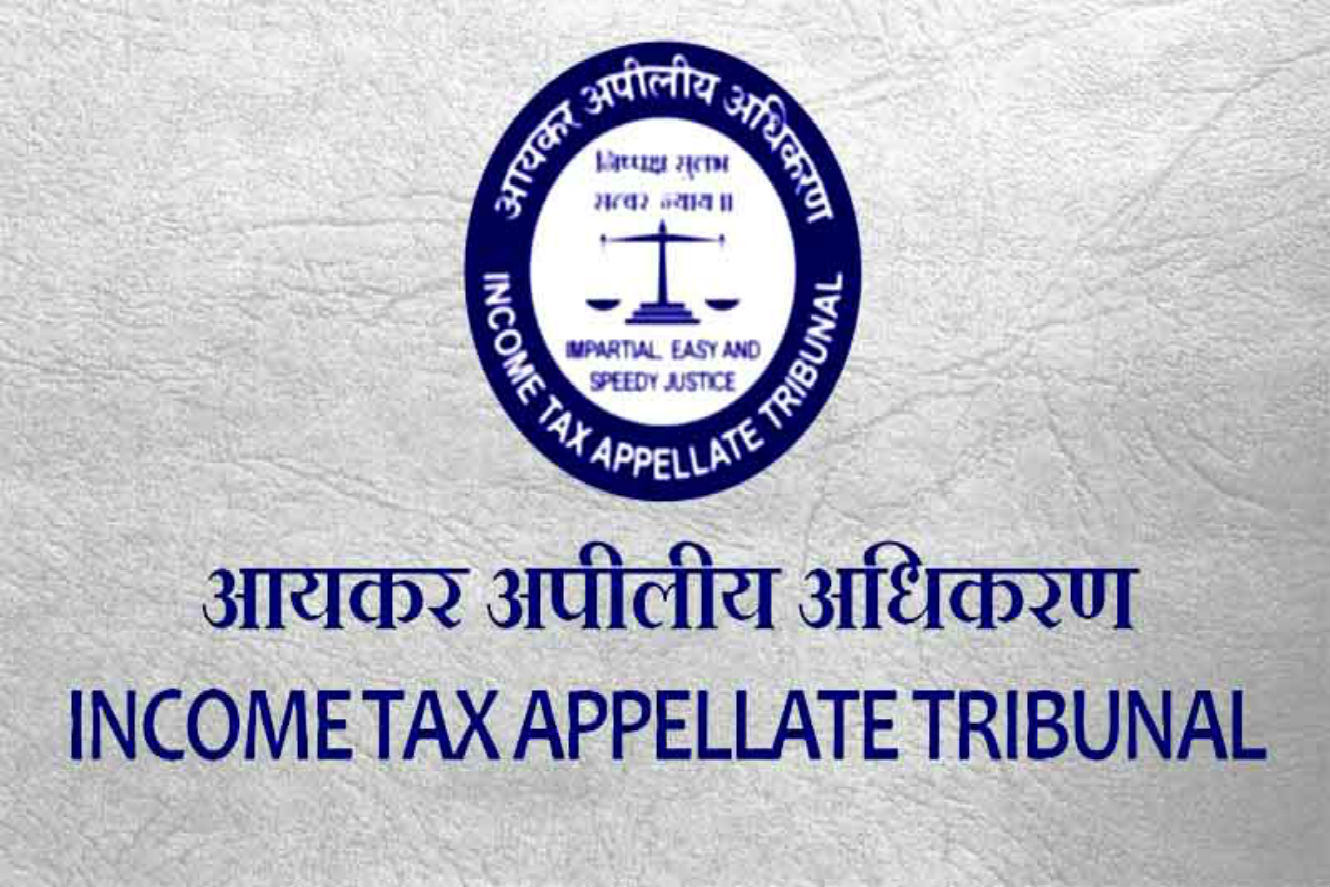
ITAT Mumbai Says Stock Write-Down Cannot Be Disallowed Without Evidence, Remands Case for Fresh Hearing
Tribunal rules that assessing officers must verify documents before rejecting claims under Section 37(1)
Ador Welding Limited wins relief as ITAT sets aside CIT(A) order and directs fresh adjudication
By Our Legal Reporter
New Delhi: November 21, 2025:
The Income Tax Appellate Tribunal (ITAT) Mumbai Bench has delivered an important ruling in the case of Ador Welding Limited, holding that disallowance of a stock write-down under Section 37(1) of the Income Tax Act, 1961 without examining supporting evidence is unjustified. The tribunal set aside the order of the Commissioner of Income Tax (Appeals) [CIT(A)] and remanded the matter for fresh adjudication.
Background of the Case
Ador Welding Limited, a listed public company engaged in the manufacture of welding consumables and equipment, filed its return of income declaring ₹10 crore. During assessment, the company claimed a deduction for stock write-down, citing obsolete and damaged inventory.
The assessing officer disallowed the claim under Section 37(1), arguing that the company had failed to justify the write-down. The CIT(A) upheld the disallowance without examining the documentary evidence furnished by the assessee.
Aggrieved, Ador Welding Limited approached the ITAT, contending that its claim was supported by proper records and that the authorities had failed to verify the evidence.
Tribunal’s Observations
The ITAT bench, comprising Judicial Member and Accountant Member, noted that:
- Section 37(1) allows deduction of business expenditure incurred wholly and exclusively for business purposes.
- Stock write-downs are recognized accounting practices when inventory loses value due to obsolescence, damage, or market conditions.
- The CIT(A) failed to examine the documents submitted by the assessee, including inventory records and audit reports.
- Disallowing the claim without verification violates principles of natural justice.
The tribunal emphasized that tax authorities must examine evidence before rejecting claims. A mechanical disallowance without scrutiny is legally unsustainable.
Remand for Fresh Adjudication
The ITAT set aside the CIT(A)’s order and remanded the matter back for fresh adjudication. The tribunal directed the assessing officer to:
- Examine the documentary evidence furnished by Ador Welding Limited.
- Verify whether the stock write-down was genuine and in line with accounting standards.
- Pass a fresh order after giving the assessee an opportunity to be heard.
This ensures that the company’s claim will be reconsidered based on evidence rather than assumptions.
Importance of the Ruling
The judgment is significant for several reasons:
- It reinforces the principle that business expenditure claims must be assessed on evidence, not suspicion.
- It protects companies from arbitrary disallowances by tax authorities.
- It clarifies that stock write-downs, when properly documented, are legitimate business expenses.
Legal experts note that the ruling strengthens taxpayer rights and ensures fairness in tax administration.
Also Read: Supreme Court Questions Talaq-e-Hasan: How It Differs from Triple Talaq and Why It’s Under Scrutiny
Section 37(1) Explained
Section 37(1) of the Income Tax Act is a residuary provision that allows deduction of business expenditure not covered under specific sections, provided it is incurred wholly and exclusively for business purposes.
Stock write-downs fall under this category, as they represent losses arising from business operations. Courts have consistently held that such write-downs are allowable if supported by evidence.
Previous Judicial Precedents
The ITAT’s ruling aligns with earlier judgments:
- In CIT v. British Paints India Ltd., the Supreme Court held that valuation of stock must reflect true income and cannot be inflated.
- In Rotork Controls India Pvt Ltd. v. CIT, the apex court recognized provisions for warranty claims as legitimate business expenditure.
- Several High Courts have upheld stock write-downs when supported by proper documentation.
By following these precedents, the ITAT ensured consistency in tax jurisprudence.
Impact on Businesses
The ruling provides relief to companies facing disallowances of stock write-downs. It underscores the importance of maintaining proper records, including:
- Inventory registers.
- Audit reports.
- Evidence of obsolescence or damage.
Also Read: Supreme Court Rules Unauthorized Constructions Cannot Be Protected, But Owners Must Get Fair Hearing
Businesses can now be more confident that genuine claims will be considered fairly, provided they are backed by documentation.
Expert Views
Tax professionals have welcomed the ruling, calling it a “taxpayer-friendly judgment.” They argue that arbitrary disallowances create uncertainty and discourage compliance.
Experts also caution that companies must ensure transparency in accounting practices. While the ITAT has protected genuine claims, fraudulent write-downs will not be tolerated.
Broader Implications
The ruling will influence future assessments across India. It sends a clear message to tax authorities:
- Evidence must be examined before disallowing claims.
- Mechanical disallowances undermine fairness and justice.
- Taxpayers must be given an opportunity to explain their claims.
Also Read: Karnataka High Court Says Married Sisters Can Claim Motor Accident Compensation as Dependents
This strengthens trust between taxpayers and authorities, promoting voluntary compliance.
Conclusion
The ITAT Mumbai’s ruling in the case of Ador Welding Limited marks a crucial development in tax law. By holding that disallowance of stock write-downs under Section 37(1) without examining evidence is unjustified, the tribunal has reinforced the principles of fairness, evidence-based adjudication, and taxpayer rights.
The remand for fresh adjudication ensures that the company’s claim will be reconsidered on merits, setting a precedent for similar cases nationwide. For businesses, the judgment highlights the importance of maintaining proper documentation to support claims. For tax authorities, it serves as a reminder that justice requires careful examination, not mechanical disallowance.
🔑 Keywords for SEO & Faster Searches
- ITAT Mumbai stock write-down ruling
- Section 37(1) Income Tax Act disallowance
- Ador Welding Limited ITAT case
- Stock write-down tax deduction India
- ITAT remands case fresh adjudication
- CIT(A) disallowance stock write-down unjustified
- ITAT taxpayer rights Section 37(1)
- Business expenditure deduction Income Tax Act
- ITAT Mumbai judgment November 2025
- Taxscan ITAT stock write-down case
Also Read: Bombay High Court Rules Arbitrators Lose Mandate If Proceedings Are Suspended Over Fee Disputes